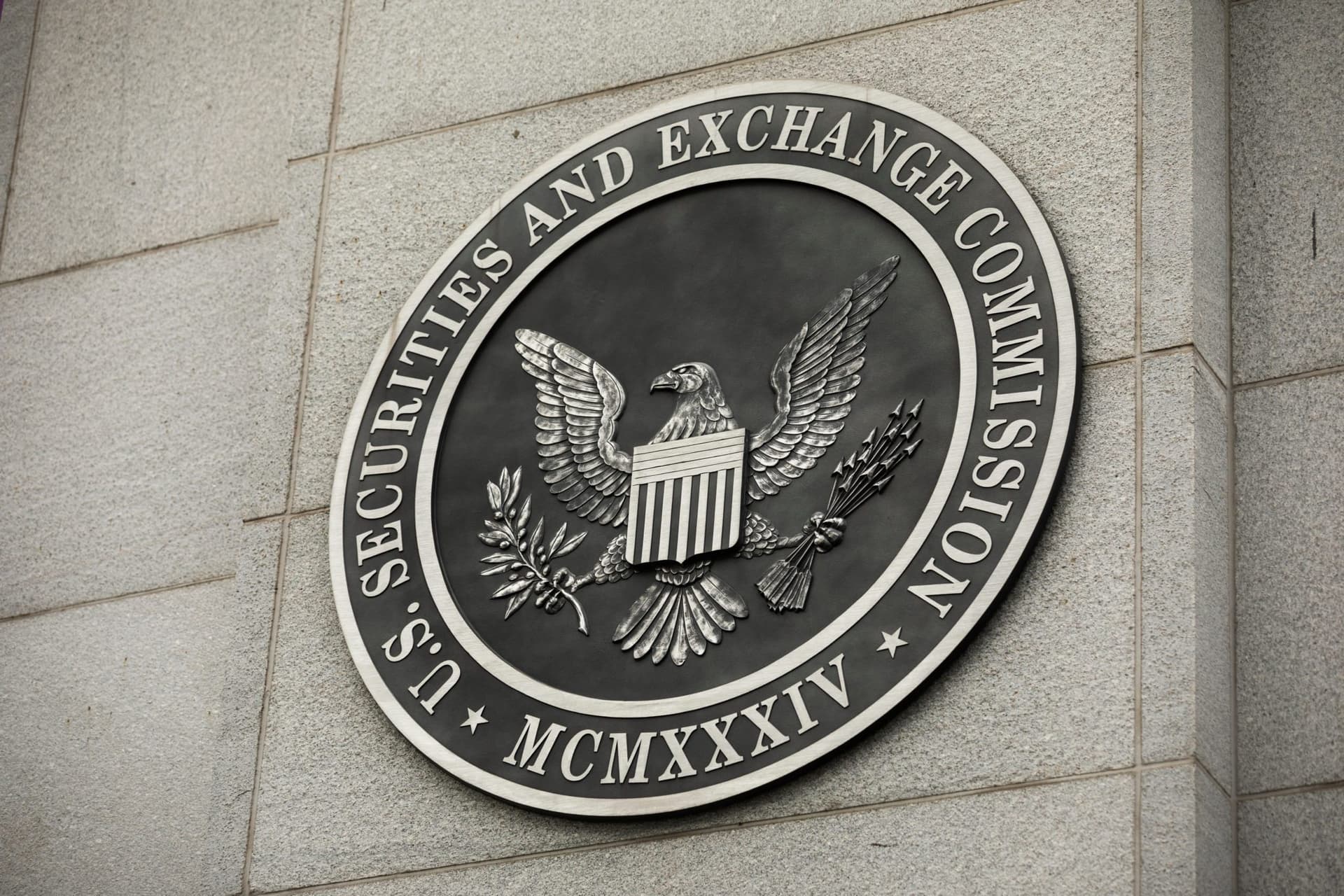SEC Warns Firms About ESG Shortcomings
Investors that put money into these products with the assumption that they are contributing to sustainability or social justice may be surprised to see the underlying holdings.

Source: Shutterstock
- As the US battles the pandemic, catastrophic weather conditions and social unrest, ESG products have surged
- Lack of regulatory restrictions that police what products can be labeled as ESG lets advisors take advantage of investor interest in ‘socially conscious’ products
The US Securities and Exchange Commission is ramping up environmental social governance (ESG) oversight in response to cases of inaccurate and misleading disclosures around the extremely popular investment vehicle category.
Earlier this month, the SEC Division of Examinations issued a risk alert regarding ESG investment products.
“A range of investment advisers have offered several ESG investment options,” the agency said in the alert. “The staff noted, despite claims to have formal processes in place for ESG investing, a lack of policies and procedures related to ESG investing.”
As the US battles the pandemic, catastrophic weather conditions and social unrest, ESG products have surged. Inflows into sustainable open-end and exchange-traded funds in the US rose to $51.1 billion in 2020, up from $21.4 billion in 2019. That’s a nearly tenfold increase from 2018, when inflows were $5.4 billion.
Backing the claims
“ESG is a space that’s been getting more and more attention, and like any sort of financial trend or product or theme, the more attention that it gets, the more regulatory focus and scrutiny it’ll get,” said Mazi Bahadori, CCO and executive vice president of operations at Altruist. “I don’t think the risk alert was a surprise.”
The problem is, there are no regulatory restrictions that police what products can be labeled as ESG, and some advisors have started to take advantage of investor interest in ‘socially conscious’ products.
“The SEC is trying to get out ahead a little bit by saying if firms are really going to be touting their capabilities here, they’d better be able to actually do what they’re saying they’re going to do, these products need to deliver what they say they’re gonna deliver on,” said Bahadori. “A lot of firms aren’t necessarily doing that right now, they’re instead just trying to capitalize on people’s emotions and fancy marketing as opposed to actually substantive investment policies and strategies behind their claims.”
Investors that put money into these products with the assumption that they are contributing to sustainability or social justice may be surprised to see the underlying holdings. BlackRock Inc.’s iShares ESG Aware MSCI exchange-traded fund (ESGU), one of the most popular in the ESG category, has large holdings in Apple, Microsoft and Amazon. Amazon most notably has recently been widely criticized for unethical practices and improper employee treatment.
There are independent agencies outside of the SEC that rate ESG products. One of the largest is MSCI Inc., which scores ESG ETFs based on the holdings’ environmental, social and governance contributions and risks. The problem is, a lot of the data required to analyze these categories is not made available by most companies.
Even the best ESG can be bad
“A lot of industries don’t actually report many of these metrics that would influence ESG ratings,” said Bahadori. “So asset managers will just take whatever’s publicly available, and then they’ll rate them among similar verticals, for example, they’ll do an ESG analysis of ten companies and then pick the top two or three best ones in there.”
The problem with that system, Bahadori said, is that even the ‘best’ companies can still end up being bad from an ESG perspective, but because they’re the best of their peer group, they make the cut.
The SEC has caught on to the issues surrounding ESG labeling, and the risk alert seeks to address some of the concerns. The alert stated that examiners “will continue to examine firms to evaluate whether they are accurately disclosing their ESG investing approaches and have adopted and implemented policies, procedures, and practices that accord with their ESG-related disclosures,” but it is difficult to predict the impact of their efforts.
“I think the approach that the SEC tends to take with these things is you have to disclose and disclaim a lot of things to investors,” said Bahadori. “What I would love to see, from a personal perspective, is just a consideration, not a separate investment strategy. Just like you look at if a company knows how to make money, you look at if the company knows how to run a sustainable business.”






